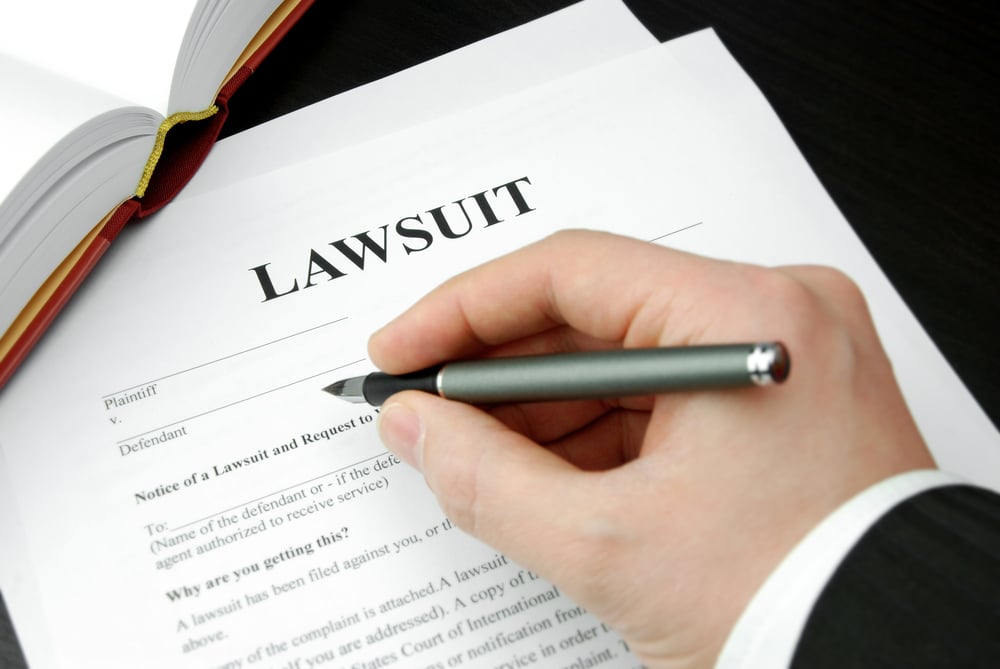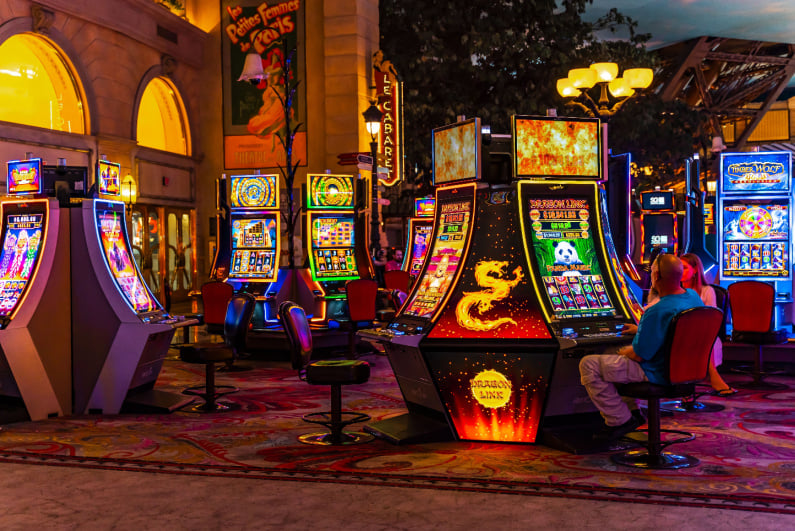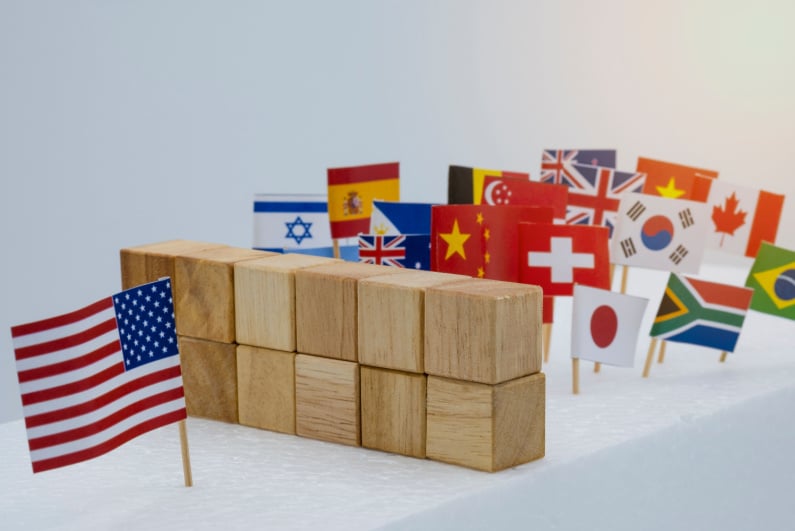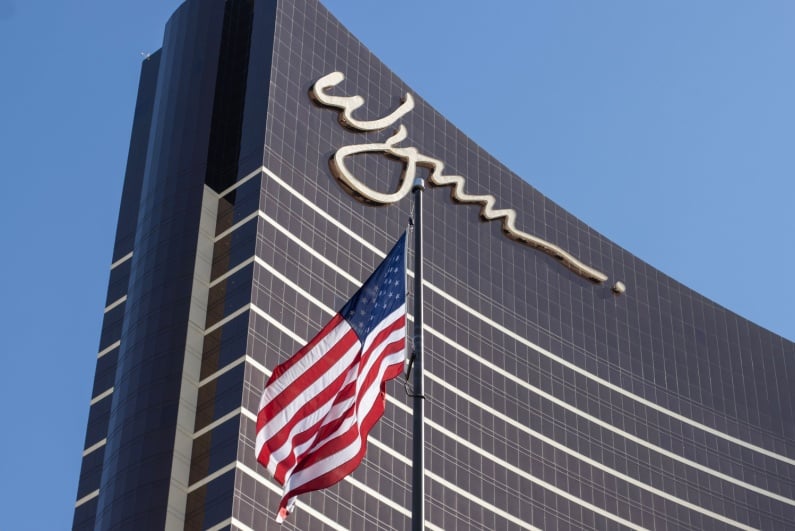Asian American vs LVS
US-based casino company Las Vegas Sands (LVS) secured a license in the Chinese gambling hub of Macau more than a decade ago. Now, the operator is facing a lawsuit for dropping its initial partner in the license application process.
demanded 70% of LVS’s profits from the Chinese territory
As reported by Reuters, Asian American Entertainment Corporation is suing LVS for approximately $12bn in a Macau court. The Taiwanese company, headed by businessman Marshall Hao, has demanded 70% of LVS’s profits from the Chinese territory between 2004 and 2022.
The dispute centers around a partnership between the two companies formed more than 20 years ago. They submitted a joint gaming concession bid for the Macau market in 2001.
According to the lawsuit, LVS switched partners halfway through the process, instead deciding to team up with Galaxy Entertainment. The plaintiff claims Sands-Galaxy secured its Macau license using a bid almost identical to the one Asian American worked on previously.
The trial will begin in Macau on June 16.
A long-running dispute
In 2001, the breakup of Stanley Ho’s gambling monopoly left the door open for new operators to enter Macau’s lucrative market. According to previously released court documents, Marshall Hao supposedly told LVS executives that a casino, much like its Venetian Resort on the Las Vegas Strip, would turn a tidy profit in the Chinese region.
Hao filed a Nevada lawsuit in 2007 claiming breach of contract after LVS dissolved their partnership midway through the licensing. The US court later threw out the case for statute of limitations and procedural reasons. This led Asian American towards the Macau Court in 2012.
Speaking with Reuters, Hao expressed confidence in his company’s chances of victory in the upcoming trial. “Asian American has been winning all major legal battles in the Macau lawsuit since we filed it in 2012… we are confident,” he said.
Commenting in 2019, LVS described the case as having “no merit.”
Bad timing for Sands?
The trial comes at a difficult time for Sands. Like other casino giants, the company has struggled to mitigate the impact of the COVID-19 pandemic, with operating loss totaling $1.69bn for the full-year 2020. Although markets across the US and Asia have shown signs of recovery, LVS’s Q1 revenue still fell 16% year-on-year in 2021 to $1.2bn.
an additional $5bn to $10bn investment in the Macau market
New LVS CEO Robert Goldstein has confirmed that the company intends to increase its Asia focus, including an additional $5bn to $10bn investment in the Macau market. Testament to the seriousness of this claim, Sands has agreed to sell its Las Vegas properties – including the Sands Expo and Convention Center and the Venetian – for a combined price tag of $6.25bn.
However, Macau’s market is still struggling with the pandemic’s impact on travel numbers. Speaking during a conference of the Sandford C. Bernstein brokerage last week, Goldstein expressed disappointment with how slowly the market is coming back to life. The LVS CEO said he understood the pressure for restrictions, but asserted that he was “hoping for a quicker recovery.”
LVS’s Macau license also doesn’t have long left until its expiry. The operating permits of all six of Macau’s land-based casino companies end in June 2022. As a result, they will have to apply again via a public tender next year. Sands currently operates through one of the market’s three sub-concessions, and Macau chief executive Ho Iat Seng has made it clear that the government will not include these in the next round of licensing.



